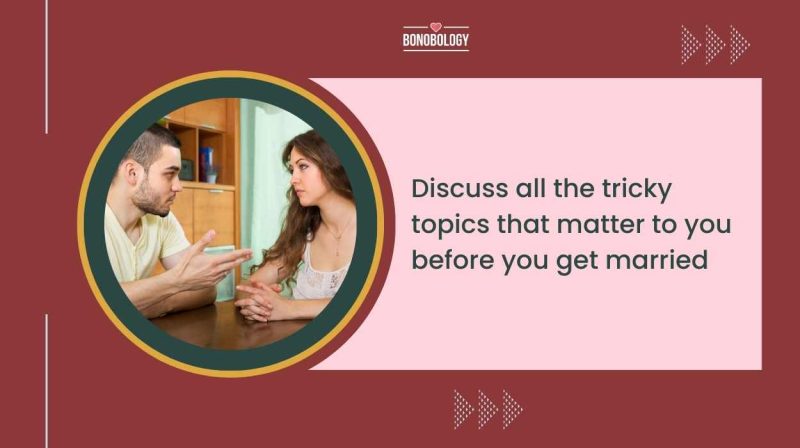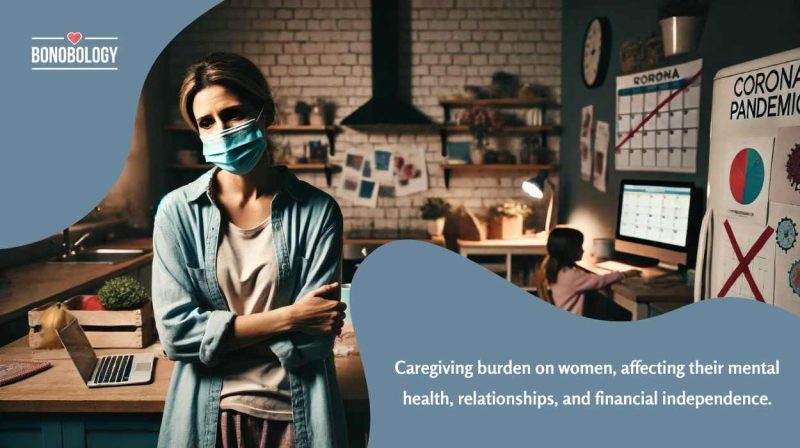Some nights, Pia would wake up in a cold sweat, her body quivering, her fists clenched. Others, she would just toss and turn, unable to sleep at all. In her early 20s, Pia was to be married to Anand in a few months. Though theirs was an arranged match, they’d spent several evenings immersed in conversation, getting to know each other. After a year of dinner dates, movie outings and long walks on the beach, Pia was certain that she was marrying a decent man.
She was excited at the thought of sharing her life with him. But as the wedding drew closer, something was eating away at her. Pia was a virgin. And the thought of losing her virginity was turning her into a bundle of nerves. “A lot of women come to me with this problem,” says sexologist Dr. Rajan Bhonsle (MD, MBBS Medicine and Surgery), Head of the Department of Sexual Medicine at K.E.M. Hospital and Seth G.S. Medical College, Mumbai.
He adds, “More often than not, it is a phobia based on misinformation. They associate pain and bleeding with the act but that’s a myth perpetuated by people who don’t know better. If the technique is correct, there’s enough foreplay and the couple has perfect understanding between them, sexual intercourse for the very first time can be pleasurable and pain-free.” Let’s talk about the importance of premarital counseling when it comes to concerns around intimacy and sex.
Why Do Couples Seek Premarital Counseling? 6 Concerns
Table of Contents
Like Pia, many youngsters are now heading to experts to tackle their relationship issues. Single people, married couples, about-to-be married couples, couples in committed relationships, those longing to be in a committed relationship: All of them. Couples who underwent counseling before their wedding had a 30% higher marital success rate than those who did not, as per statistics. No wonder more couples are seeking counselors for a better and healthier marriage. Here are some concerns that bring couples to premarital counselors:
1. Couples are afraid of losing their virginity, even though that’s a made-up concept
Women worry that first time sex would cause a lot of pain and emotional upheaval. But some men are as troubled about losing their virginity. “They are taunted by their peers as well as members of the opposite sex,” says Dr Bhonsle. And it’s not so much lack of desire as opportunity that is to blame for their predicament. “They want to have sex but never seem to get the chance. They start feeling left out and suffering from an inferiority complex.”
Related Reading: Perfect Relationship: Does Love Need To Be Perfect All The Time?
2. Sexual fulfillment as a priority

In these days of easy sexual proximity and physical intimacy, women want to be pleased in bed and are finally finding their voice. “They may be in their third relationship but many modern women complain that they are yet to reach an orgasm with their partner,” says Dr Bhonsle. “They’ve understood that they are equally deserving of an orgasm. They don’t want to be like their mothers who faked orgasms and never complained – And they are willing to seek treatment or consult an expert for advice if they feel either they or their partner needs it.”
3. Comparison of partner to others
There is a downside to having orgasms as a priority. “Comparisons,” Dr. Bhonsle points out. “Many people tend to subconsciously compare the performance of one partner with another. Which isn’t how it should be. Humans aren’t replicas of each other to perform in the same manner. Each relationship is unique.”
Related Reading: 8 Ways Blame-Shifting In A Relationship Harms It
4. Work gets in the way
Not so unique is the tendency of new-age married couples to let work get in the way of their sex lives. Their desire for high incomes and higher standards of living is diminishing their desire for each other. He says, “Women don’t want to choose between career and family. They don’t want to give up their lucrative jobs to have babies because they feel that it would be that much harder for them to get back in the race. And for men, the prospect of having to make do with a solo income is daunting.” Parenthood is sacrificed happily in this case, but both need to be on the same page. This can be done through counseling.

5. Social media boundaries need to be discussed before marriage too
Add to this mix the not-so-social social network and you have a recipe for disastrous relationships. Dr. Bhonsle says couples now have tiffs over their partners’ Facebook status, comments, friends, even their WhatsApp chats with members of the opposite sex. “The root cause, of course, is suspicion, possessiveness and doubt but these are misunderstandings caused by their partners’ interface on social media – an issue that never existed earlier.”
Related Reading: Has Your Relationship Been Taken Over By Social Media?
6. Porn and pleasure aids
Relationship dynamics are also battling the effects of pornography. “Couples are more willing to try different positions, different gadgets now,” says Dr. Bhonsle. But sometimes, things can get out of hand. “One young man wanted to engage in a threesome but didn’t dare broach the subject with his wife for fear of rejection and contempt. But he’s so fixated on the idea that he has now gone into depression. Another woman had got so used to using a pleasure aid when she was single that when she got married, her husband’s efforts to please her just weren’t enough.”
Key Pointers
- Couples who underwent counseling before their wedding had a 30% higher marital success rate than those who did not, as per statistics. No wonder more couples are seeking counselors for a better and healthier marriage
- Many of the factors that bring couples to premarital counseling are rooted in concerns about intimacy
- Couples, in a counseling session, discuss things like sexual fulfillment, ‘losing virginity,’ parenthood, career ambition, and social media boundaries
So what are modern day couples to do? How do they hold on to their ever-fragile relationships? “Talk. Communicate your needs freely and openly. Don’t avoid tricky topics. Spend a lot of time with each other” is the doctor’s advice.
FAQs
1. How long does premarital counseling take?
It depends! Some couples do a few sessions, while others prefer a
2. Is premarital counseling only for couples with problems?
No! It’s for all couples who want to enter marriage with clarity, confidence, and stronger communication skills.
Final Thoughts
Marriage isn’t just about love—it’s about understanding, teamwork, and lifelong commitment. Premarital counseling equips you with the tools to build a healthy, fulfilling marriage from day one. Our expert counseling services provide personalized sessions to help you and your partner navigate important conversations with confidence.
Intimacy Anorexia, Causes, And Impact On Romantic Relationships – And Ways To Deal With It
Sexless Marriage Effect On Husband – 9 Ways It Takes A Toll On Him
Your contribution does not constitute a charitable donation. It will allow Bonobology to continue bringing you new and up-to-date information in our pursuit of helping anyone in the world to learn how to do anything.






















